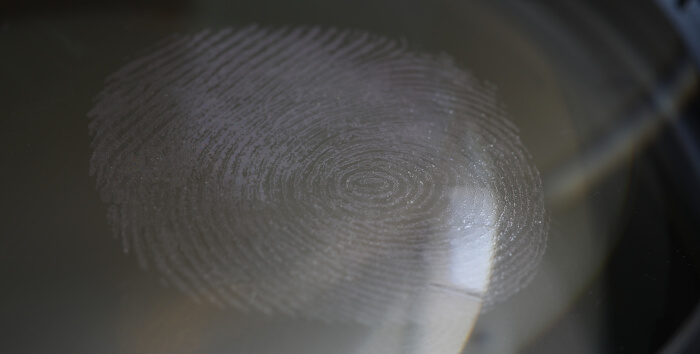The Volatility Framework is a completely open collection of tools, implemented in Python, for the extraction of digital artifacts from volatile memory (RAM) samples.
The extraction techniques are performed completely independent of the system being investigated but offer visibility into the runtime state of the system. The framework is intended to introduce people to the techniques and complexities associated with extracting digital artifacts from volatile memory samples and provide a platform for further work into this exciting area of research.
Volatility was designed by forensics, incident response, and malware experts to focus on the types of tasks these analysts typically form.
Features include:
- Single, cohesive framework analyzes RAM dumps from 32- and 64-bit windows, linux, mac, and android systems. Volatility’s modular design allows it to easily support new operating systems and architectures as they are released.
- Carving.
- Command histories.
- Console input/output buffers.
- USER objects (GUI memory).
- Network related data structures.
- Extensible and scriptable API.
- Fast and efficient algorithms let you analyze RAM dumps from large systems without unnecessary overhead or memory consumption.
- Supports a variety of sample file formats and the ability to convert between these formats:
- Raw linear sample (dd).
- Hibernation file (from Windows 7 and earlier).
- Crash dump file.
- VirtualBox ELF64 core dump.
- VMware saved state and snapshot files.
- EWF format (E01).
- LiME format.
- Mach-O file format.
- QEMU virtual machine dumps.
- Firewire HPAK (FDPro).
- Cross-platform support – runs under Linux, Mac OS X, and Windows.
Website: www.volatilityfoundation.org
Support: Documentation Project, GitHub Code Repository
Developer: Brder
License: GNU General Public License v2.0
Volatility is written in Python. Learn Python with our recommended free books and free tutorials.
| Popular series | |
|---|---|
| The largest compilation of the best free and open source software in the universe. Each article is supplied with a legendary ratings chart helping you to make informed decisions. | |
| Hundreds of in-depth reviews offering our unbiased and expert opinion on software. We offer helpful and impartial information. | |
| The Big List of Active Linux Distros is a large compilation of actively developed Linux distributions. | |
| Replace proprietary software with open source alternatives: Google, Microsoft, Apple, Adobe, IBM, Autodesk, Oracle, Atlassian, Corel, Cisco, Intuit, SAS, Progress, Salesforce, and Citrix | |
| Awesome Free Linux Games Tools showcases a series of tools that making gaming on Linux a more pleasurable experience. This is a new series. | |
| Machine Learning explores practical applications of machine learning and deep learning from a Linux perspective. We've written reviews of more than 40 self-hosted apps. All are free and open source. | |
| New to Linux? Read our Linux for Starters series. We start right at the basics and teach you everything you need to know to get started with Linux. | |
| Alternatives to popular CLI tools showcases essential tools that are modern replacements for core Linux utilities. | |
| Essential Linux system tools focuses on small, indispensable utilities, useful for system administrators as well as regular users. | |
| Linux utilities to maximise your productivity. Small, indispensable tools, useful for anyone running a Linux machine. | |
| Surveys popular streaming services from a Linux perspective: Amazon Music Unlimited, Myuzi, Spotify, Deezer, Tidal. | |
| Saving Money with Linux looks at how you can reduce your energy bills running Linux. | |
| Home computers became commonplace in the 1980s. Emulate home computers including the Commodore 64, Amiga, Atari ST, ZX81, Amstrad CPC, and ZX Spectrum. | |
| Now and Then examines how promising open source software fared over the years. It can be a bumpy ride. | |
| Linux at Home looks at a range of home activities where Linux can play its part, making the most of our time at home, keeping active and engaged. | |
| Linux Candy reveals the lighter side of Linux. Have some fun and escape from the daily drudgery. | |
| Getting Started with Docker helps you master Docker, a set of platform as a service products that delivers software in packages called containers. | |
| Best Free Android Apps. We showcase free Android apps that are definitely worth downloading. There's a strict eligibility criteria for inclusion in this series. | |
| These best free books accelerate your learning of every programming language. Learn a new language today! | |
| These free tutorials offer the perfect tonic to our free programming books series. | |
| Linux Around The World showcases usergroups that are relevant to Linux enthusiasts. Great ways to meet up with fellow enthusiasts. | |
| Stars and Stripes is an occasional series looking at the impact of Linux in the USA. | |
